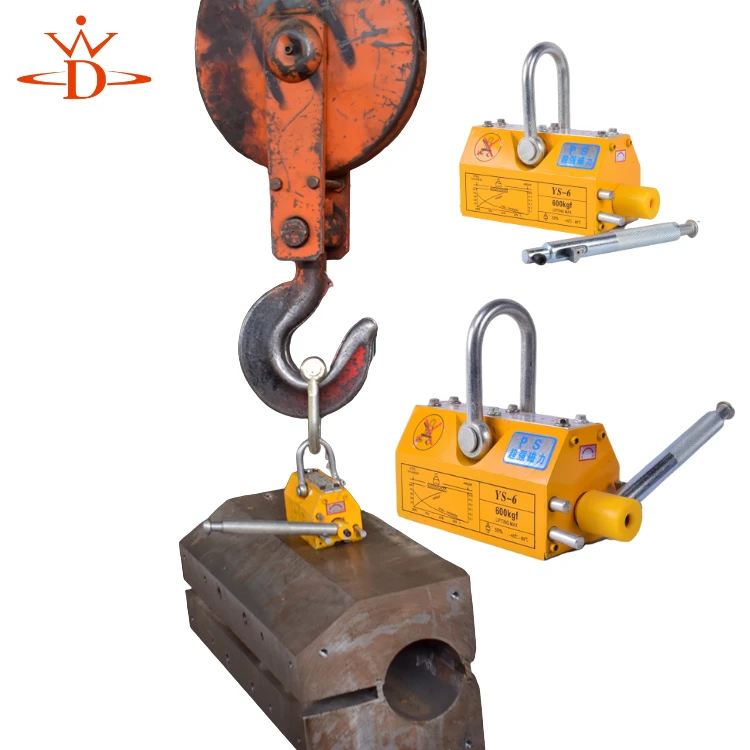large machinery movers
The Role of Large Machinery Movers in Modern Industry
In today’s fast-paced industrial landscape, the movement and relocation of heavy machinery is a critical aspect of operations requiring specialized expertise and equipment. Large machinery movers play an essential role in ensuring that heavy and oversized equipment is relocated safely, efficiently, and without causing damage to the equipment or surrounding infrastructure. This article delves into the intricacies of large machinery moving, the challenges faced, and the benefits it brings to various sectors.
Understanding Large Machinery Moving
Large machinery movers specialize in the transportation of substantial equipment that can weigh several tons and occupy significant space. This category typically includes items such as industrial presses, CNC machines, generators, and manufacturing assembly lines. Moving such heavy machinery requires not only specialized lifting and transport equipment but also a comprehensive understanding of safety protocols and logistical planning.
When a company decides to relocate a piece of heavy machinery, several factors come into play. First, there’s the need to assess the machine itself—its dimensions, weight, and operational specifications. Next, the path from its current location to the new site must be meticulously plotted, taking into account entrance and exit points, door widths, and any potential obstacles, such as other pieces of equipment or structural components.
Challenges Faced by Large Machinery Movers
Moving large machinery is fraught with challenges. One of the primary hurdles is ensuring the safety of both the equipment and personnel involved in the relocation process. Heavy machinery can be prone to damage during transport, necessitating the use of appropriate rigging and securing techniques. Any miscalculation can result in costly repairs and lost productivity.
Another significant challenge is navigating the logistics of transport. Large machinery often requires special permits when being transported on public roads, particularly if it exceeds certain dimensions or weight limits. As such, machinery movers must work closely with local authorities to ensure compliance with transportation regulations, which can vary by region.
Weather can also play a major role in the logistics of moving heavy machinery. Rain, snow, or high winds can delay schedules and necessitate adjustments in planning. Therefore, experienced machinery movers are always prepared to adapt their approach based on environmental conditions.
large machinery movers

The Expertise of Machinery Movers
The expertise of machinery movers is integral to the success of any relocation project. Teams often consist of project managers, rigging specialists, and operators who understand the complexities involved in moving large machines. Rigging specialists are particularly vital—these professionals are trained in the use of specialized equipment such as cranes, dollies, and flatbed trucks to maneuver heavy objects safely.
Training and experience play a pivotal role in the effectiveness of these teams. Continuous learning is essential, as technology and equipment frequently evolve. Additionally, movers must stay updated on safety regulations and new industry standards, ensuring that every project complies with the latest requirements.
Benefits of Professional Machinery Moving
Engaging professional large machinery movers brings a array of benefits to businesses. First and foremost, it enhances safety. By relying on experts, companies can minimize the risk of accidents and injuries, which can lead to significant financial repercussions and reputational damage.
Moreover, professional machinery movers enhance operational efficiency. They are adept at planning, which helps to reduce downtime during the relocation process. This means that companies can resume normal operations quicker than if they attempted the move themselves without the necessary expertise.
Lastly, hiring professionals can help preserve the integrity of the machinery itself. Experts understand how to handle equipment without causing damage, which can save businesses from costly repairs or replacements post-move.
Conclusion
In summary, large machinery movers are essential players in the modern industrial arena. Their expertise not only ensures the safe and efficient relocation of heavy equipment but also allows companies to focus on their core operations without the added stress of logistics and safety concerns. As industries continue to evolve and rely more heavily on sophisticated machinery, the role of large machinery movers will only grow, cementing their importance in the overall supply chain and operational success of many businesses.
-
Unlock Seamless Relocation with Our Heavy Equipment Moving ExpertiseNewsJun.06,2025
-
Unleash Unrivaled Flexibility with Our Adjustable Gantry CraneNewsJun.06,2025
-
Unleash Heavy-Duty Efficiency with Our Industrial Gantry Crane SolutionsNewsJun.06,2025
-
Revolutionize Steel Handling with Our Magnetic Lifter RangeNewsJun.06,2025
-
Master Equipment Mobility with Premium Machinery Mover SolutionsNewsJun.06,2025
-
Elevate Your Material Handling with Magnetic Lifter TechnologyNewsJun.06,2025
-
YS Permanent Lifting Magnets: The Smarter Way to Handle SteelNewsMay.22,2025
